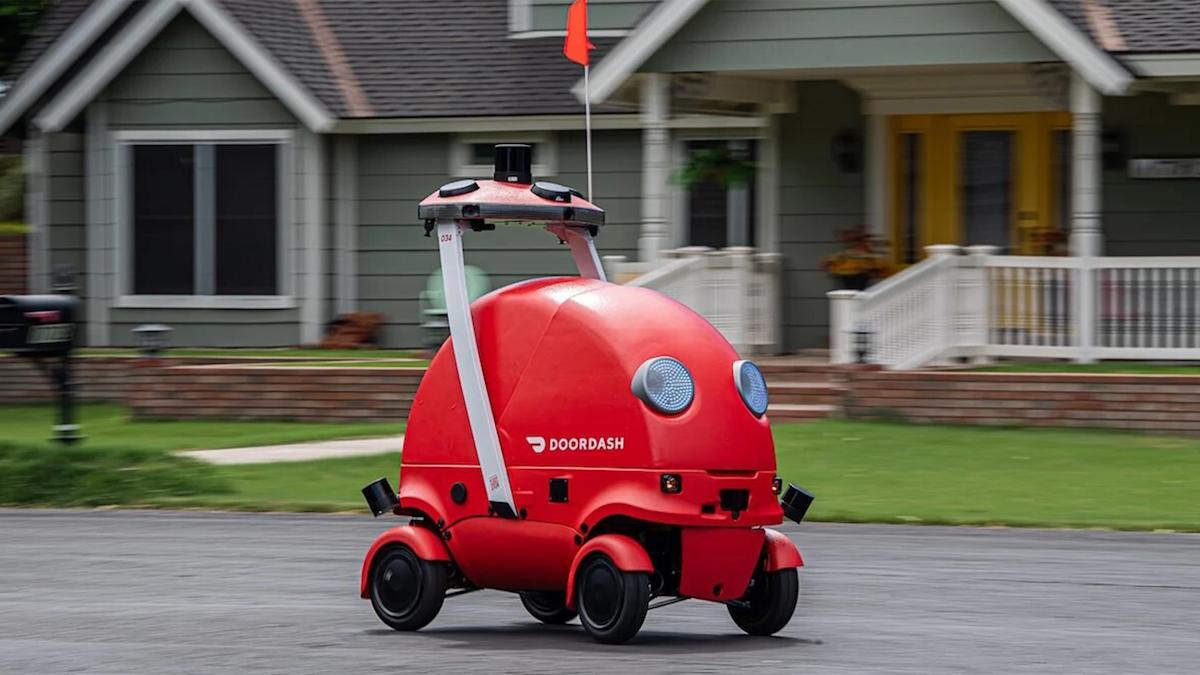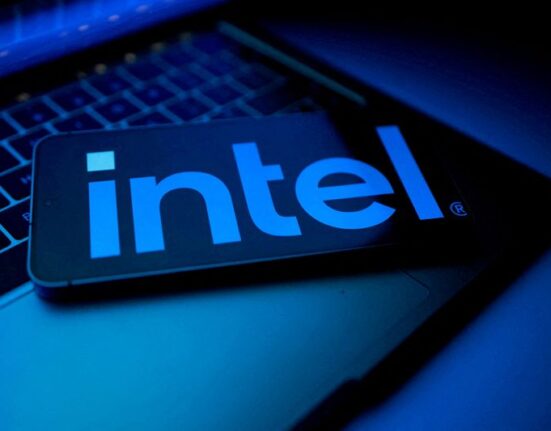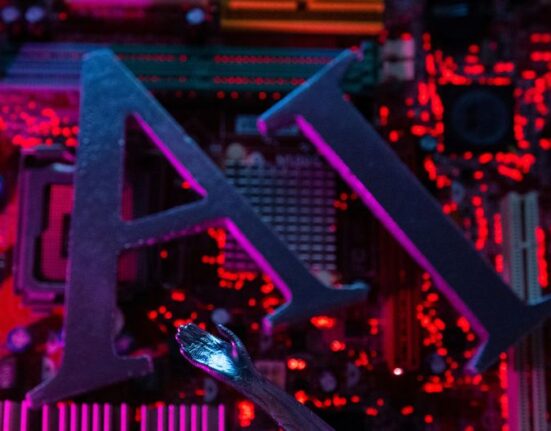DoorDash has rolled out a new fulfillment service for retailers that builds on its network of DashMart neighborhood stores and a road-capable delivery robot.
The gig-based delivery company on Tuesday announced that CVS Pharmacy and Party City are the first to use DashMart Fulfillment Services, soon to be followed by grocery chain Kroger.
The model uses DoorDash’s (NASDAQ: DASH) network of DashMart locations to handle the entire process, from inventory management, picking, packing and delivery by drivers who use the company’s app to accept assignments.
DashMart locations offer brands and local businesses an additional channel to sell their products, and local shoppers access to goods such as fresh groceries, retail items, household essentials and snacks.
The two models are designed to work in tandem: DashMart stores are operated by DoorDash, while DashMart Fulfillment Services uses the same infrastructure to help retailers selling on any channel, with DoorDash handling the logistics functions behind the scenes. It essentially is a white-label solution that allows retailers’ products to be sold on the DoorDash app or their own platforms without the complexity of managing their own logistics.
“Today’s consumers expect delivery in minutes, and around the clock. For many retailers and grocers, meeting that demand requires massive investment in logistics and technology. That’s where DashMart Fulfillment Services comes in,” said Fuad Hannon, vice president of new verticals at DoorDash, in the news release.
There are more than 100 DashMart locations nationwide.
Also on Tuesday, DoorDash unveiled Dot, a self-designed small robot that can autonomously travel on bike lanes, roads, sidewalks and driveways to deliver food and small packages.
DoorDash said it is introducing a pilot program in the Phoenix metro area, marking the beginning of commercial deployment and paving the way for the expansion into other markets.
At one-tenth the size of a car and 350 pounds, the all-electric Dot is designed for safe, quick neighborhood deliveries. It is big enough to fit six large pizza boxes, carry up to 30 pounds of cargo and at 4’6” tall, is highly visible to other road users — but small enough to fit through most doors. Traveling up to 20 mph, Dot can ship items faster and much further than sidewalk robots. DoorDash says it will help reduce cars on the streets and fossil fuel emissions
“You don’t always need a full-sized car to deliver a tube of toothpaste or pack of diapers. That’s the insight behind Dot,” said Stanley Tang, co-founder and head of DoorDash Labs, in a separate news release. “The breakthrough wasn’t just making it autonomous, but in making it reliable and efficient to serve the needs of local businesses and consumers. Dot is purpose-built for the millions of deliveries we facilitate every day. It is small enough to navigate doorways and driveways, fast enough to maintain food quality, and smart enough to optimize the best routes for delivery. Every design decision, from its compact size to its speed to the sensor suite, came from analyzing billions of deliveries on our global platform and understanding what actually moves the needle for merchants and consumers.”
DoorDash has rolled out a new fulfillment service for retailers that builds on its network of DashMart neighborhood stores and a road-capable delivery robot.
The gig-based delivery company on Tuesday announced that CVS Pharmacy and Party City are the first to use DashMart Fulfillment Services, soon to be followed by grocery chain Kroger.
The model uses DoorDash’s (NASDAQ: DASH) network of DashMart locations to handle the entire process, from inventory management, picking, packing and delivery by drivers who use the company’s app to accept assignments.
DashMart locations offer brands and local businesses an additional channel to sell their products, and local shoppers access to goods such as fresh groceries, retail items, household essentials and snacks.
The two models are designed to work in tandem: DashMart stores are operated by DoorDash, while DashMart Fulfillment Services uses the same infrastructure to help retailers selling on any channel, with DoorDash handling the logistics functions behind the scenes. It essentially is a white-label solution that allows retailers’ products to be sold on the DoorDash app or their own platforms without the complexity of managing their own logistics.
“Today’s consumers expect delivery in minutes, and around the clock. For many retailers and grocers, meeting that demand requires massive investment in logistics and technology. That’s where DashMart Fulfillment Services comes in,” said Fuad Hannon, vice president of new verticals at DoorDash, in the news release.
There are more than 100 DashMart locations nationwide.
Also on Tuesday, DoorDash unveiled Dot, a self-designed small robot that can autonomously travel on bike lanes, roads, sidewalks and driveways to deliver food and small packages.
DoorDash said it is introducing a pilot program in the Phoenix metro area, marking the beginning of commercial deployment and paving the way for the expansion into other markets.
At one-tenth the size of a car and 350 pounds, the all-electric Dot is designed for safe, quick neighborhood deliveries. It is big enough to fit six large pizza boxes, carry up to 30 pounds of cargo and at 4’6” tall, is highly visible to other road users — but small enough to fit through most doors. Traveling up to 20 mph, Dot can ship items faster and much further than sidewalk robots. DoorDash says it will help reduce cars on the streets and fossil fuel emissions
“You don’t always need a full-sized car to deliver a tube of toothpaste or pack of diapers. That’s the insight behind Dot,” said Stanley Tang, co-founder and head of DoorDash Labs, in a separate news release. “The breakthrough wasn’t just making it autonomous, but in making it reliable and efficient to serve the needs of local businesses and consumers. Dot is purpose-built for the millions of deliveries we facilitate every day. It is small enough to navigate doorways and driveways, fast enough to maintain food quality, and smart enough to optimize the best routes for delivery. Every design decision, from its compact size to its speed to the sensor suite, came from analyzing billions of deliveries on our global platform and understanding what actually moves the needle for merchants and consumers.”












Leave feedback about this